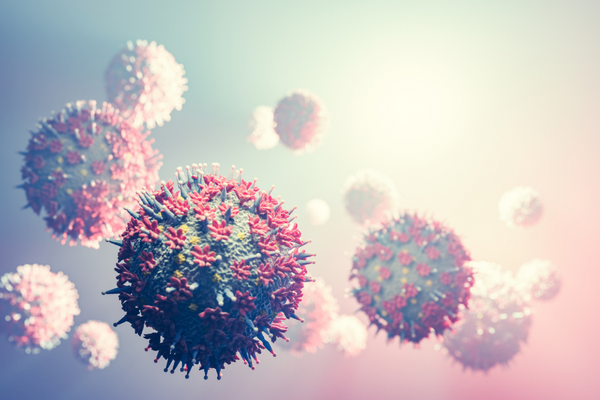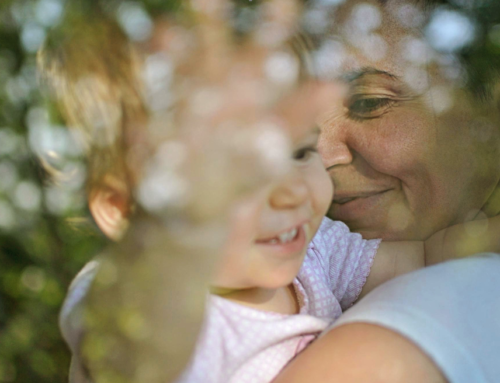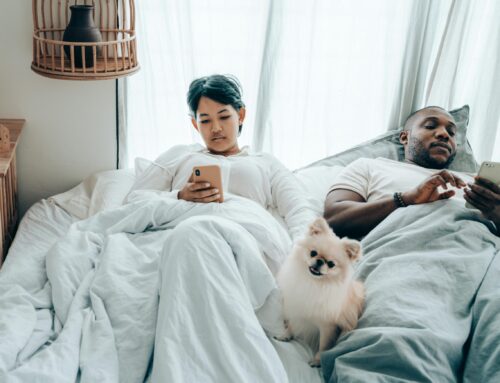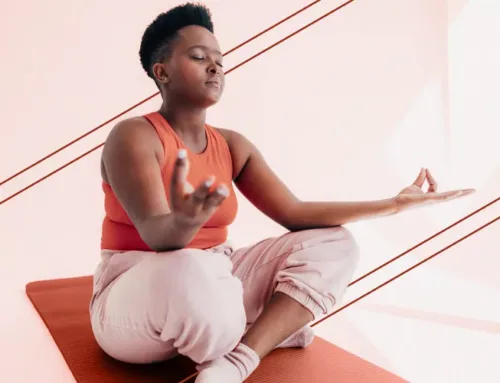Tips for Recovery for Long Covid with Chinese Medicine Acupuncture.
I’ve recently been taking part in an online seminar with Chinese Medicine practitioners from all over the world to discuss the effects of Long Covid and its treatment with Chinese Medicine Acupuncture and herbs.
We found that while Covid symptoms may pass quickly, some people are suffering long-term effects that continue for weeks or months beyond the initial illness. According to research currently being done by RMIT in Melbourne, 40% of all people who had Covid experience long-term symptoms.
Typical lasting symptoms of Covid include:
- Fatigue
- Breathlessness or shortness of breath
- Difficulty sleeping
- Anxiety and depression
- Heart palpitations
- Chest tightness or pain
- Joint or muscle pain
- Not being able to think straight or focus (‘brain fog’)
- Change to your sense of smell or taste
- Persistent cough
Fatigue is often the most common and pronounced symptom. This kind of fatigue is persistent and often worse after even just light exercise or performing simple tasks. It can be so bad that people will skip bathing or preparing meals because it just takes too much effort.
Other symptoms that Covid can bring on include insomnia, anxiety or depression. These are not usually directly caused by the virus, but result from the atmosphere of prolonged uncertainty we are currently experiencing in learning how to adapt to living with it.
In the seminar we particularly discussed the treatment strategies for fatigue, brain fog, menstrual cycle changes (due to Covid, and/or vaccination), as well as insomnia and depression with acupuncture and Chinese herbs.
And whilst Chinse medicine treatments are hugely beneficial in the treatment of long Covid symptoms, I also want to provide you with some general food, and lifestyle recommendations:
General tips for managing long Covid symptoms:
- Pace yourself – plan what you’re going to do and don’t over-exert yourself.
- Try to break tasks, which feel difficult down into smaller chunks, and alternate easier and harder activities.
- Consider the best time of the day to do certain activities based on your energy levels.
- Try to gradually increase the amount of exercise you do. Try going for short walks, gentle yoga or doing simple strength exercises and build up from there.
- Consider dry body brushing to help enhance circulation.
Diet:
- Aim for an anti-inflammatory diet, which includes:
- An abundance of fresh fruit and vegetables,
- Oily fish, nuts, seeds
- Whole grains such as oats, porridge, brown rice and wholegrain bread
- Grass fed meat
- Try and reduce:
- Fried foods, especially deep fried
- Grain fed red meat
- Sugary drinks, cakes and biscuits
- Cured meats such as bacon and sausages
- Include Antioxidants:
- Alongside fruit and vegetables that are rich in antioxidants, you can boost your antioxidant status with other dietary additions. Zinc can be found in seeds, shellfish and liver. Pumpkin seed and flaxseeds are good addition to a daily porridge or smoothie.
- Green tea is also a potent antioxidant. Aim for 3 to 4 cups of green tea per day.
- Support your gut microbiome by eating fermented and cultured foods and drinks. A healthy microbiome is vital for optimal immune function, hormone balance, mood, cognition and more.
- Stay hydrated! Drinking plenty of water helps to coordinate body temperature, keeps joints lubricated, prevents various kinds of infections, brings nutrients into cells, and is essential in keeping major organ systems functioning well. Being well hydrated also helps with sleep quality, cognitive function, and overall mood.
- Add bone broth to your diet. The collagen helps create healthy mucous membrane, and is essential for healthy blood vessels, and important for adequate blood flow. Bone broths play a role in immune health. Lastly, their glycine (amino acid) content is high and helpful for quality sleep.
Supplements: *
- Fish oil is a general anti-inflammatory and immune system modulator
- Other anti-inlammatories are Curcumin, which is the active extract from turmeric, Quercetin, ginger, as well as Boswellia
- Probiotics for gut health
- Zinc, Vit D and C for immune system support
*Please always talk to a health care professional first, to ensure that the supplements are right for you.
Sleep:
- Sleep is vital to recovery. During sleep the body is able to rest and repair. Sleep patterns can however be disturbed after a viral infection. If you are struggling with sleep, ideally try to go to bed at the same time each night and allow for at least 8 hours sleep. To prepare for healthy sleep, a warm bath with magnesium salts and lavender oil can be helpful. You may also need a daytime nap, try to keep this at the same time each day and for just an hour or two, so that it does not impact your night sleep.
Stress:
- There is no doubt that we are living in stressful times and any viral infection can cause a big stress response in the body. It is difficult to take away the cause of stress but techniques to lessen the response and reduce cortisol levels can be very helpful in assisting recovery. Try to plan a little time for you into your day, a gentle walk or yoga class, time reading a good book or your favourite magazine or a warm bath can all help.
Strengthen Your Immune System:
- It is currently unknown how long the antibody response to COVID lasts. An aim of recovery therefore needs to be to strengthen the immune system against future infection and also the severity of the disease. Along with an anti-inflammatory diet as mentioned, 10 key nutrients vitamins (D, A, C, Folate, B6, B12) and minerals (zinc, iron, copper and selenium) are deemed essential for the normal functioning of the immune system. These can be obtained through food but a good multi vitamin supplement may be helpful at this time to assure you are getting enough.
Dr. Leela Klein
Chinese Medicine
Leela is a senior Chinese Medicine Acupuncturist and Herbalist at Kundalini House. She has been treating clients with acute Covid19 and ongoing Long Covid since the pandemic began and has extensive knowledge in this area. Leela has a special interest in mental health. To learn more about Acupuncture and to book an appointment with Leela, click here.








Leave A Comment